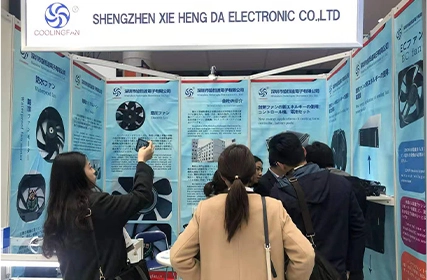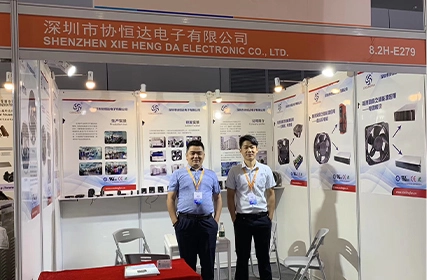The Integration of the automotive electric fan in Cutting-Edge Automotive Designs
In recent years, automotive technology has made remarkable advancements, with various cutting-edge designs revolutionizing the industry. One such innovation that has played a significant role in improving vehicle performance and efficiency is the integration of automotive electric fans. These fans serve a crucial purpose in providing efficient cooling for the vehicle's engine, ensuring optimal performance and preventing overheating.
Gone are the days of mechanical fans driven by the engine's crankshaft. Automotive electric fans are now the preferred choice for cooling systems due to their numerous advantages. These fans are designed to cool the engine by drawing air through the radiator, effectively dissipating heat. Their integration in cutting-edge automotive designs not only enhances performance but also ensures the longevity of the vehicle's engine.
Environmental Benefits of the Automotive Electric Fan
While the primary function of the automotive electric fan is to cool the engine, their environmental benefits are equally significant. Unlike traditional mechanical fans that are constantly driven by the engine, electric fans operate independently and are controlled by a thermostat. This means that they only operate when necessary, reducing energy consumption and improving fuel efficiency.
By reducing the load on the engine, automotive electric fans help reduce harmful emissions. As vehicles become more environmentally conscious, manufacturers are increasingly turning to electric fan technology to meet stricter emission regulations. Additionally, the use of electric fans reduces noise pollution, as they are generally quieter in operation compared to their mechanical counterparts.

Technological Advancements and Innovations in the Automotive Electric Fan
The automotive industry is continuously pushing the boundaries of technology, and the realm of electric fans is no exception. Technological advancements have led to the development of more efficient and powerful electric fans that provide superior cooling performance. These fans utilize state-of-the-art motor technology, which improves their reliability, longevity, and overall efficiency.
One such innovation is the use of brushless motors in automotive electric fans. Brushless motors offer several advantages over traditional brush motors, including higher efficiency, reduced maintenance, and improved durability. These motors eliminate the need for brushes and commutators, resulting in less friction and less energy loss. This advancement has allowed electric fans to operate at higher speeds while consuming less power.
Furthermore, advancements in fan blade design have led to improved airflow and reduced noise levels. Aerodynamically engineered fan blades ensure optimal air circulation, enhancing the cooling efficiency of the system. Additionally, the use of advanced materials, such as carbon fiber and aluminum, in fan construction has resulted in lighter and more durable fans, further improving overall vehicle performance.
The Future of the Automotive Electric Fan
As the automotive industry progresses towards a greener and more sustainable future, axial fan function will continue to grow in importance. Manufacturers are investing in research and development to further improve the efficiency and performance of these fans. This includes exploring alternative energy sources, such as solar or kinetic energy, to power the fans, reducing their reliance on the vehicle's electrical system.
Additionally, with the advent of electric vehicles, the integration of electric fans becomes even more critical. Electric vehicles require efficient cooling systems to ensure the longevity of their battery packs and electric motors. Automotive electric fans offer a viable solution for effectively managing the temperature in these vehicles, contributing to their overall performance and efficiency.
In conclusion, the integration of automotive electric fans in cutting-edge automotive designs has brought numerous benefits to the industry. These fans not only provide efficient cooling for engines but also offer environmental advantages, technological advancements, and innovative solutions. As the automotive industry continues to evolve, automotive electric fans will play a crucial role in shaping the future of transportation.


 EN
EN 

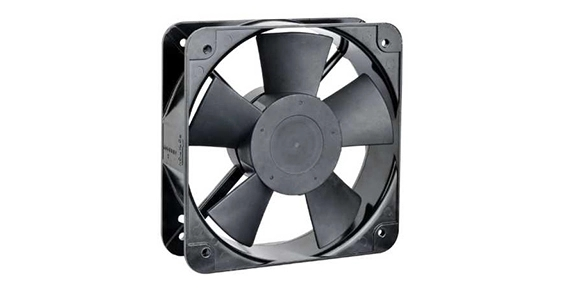 +
+
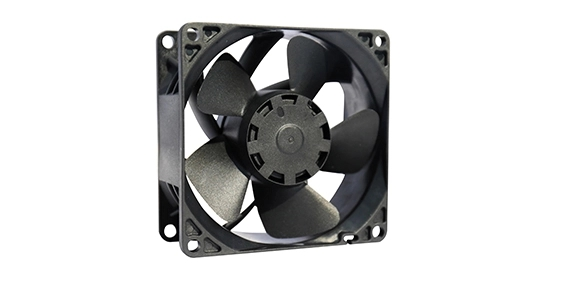 +
+
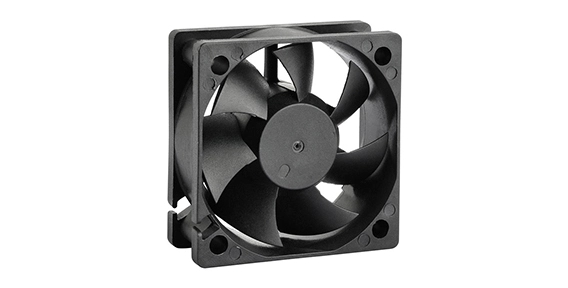 +
+
